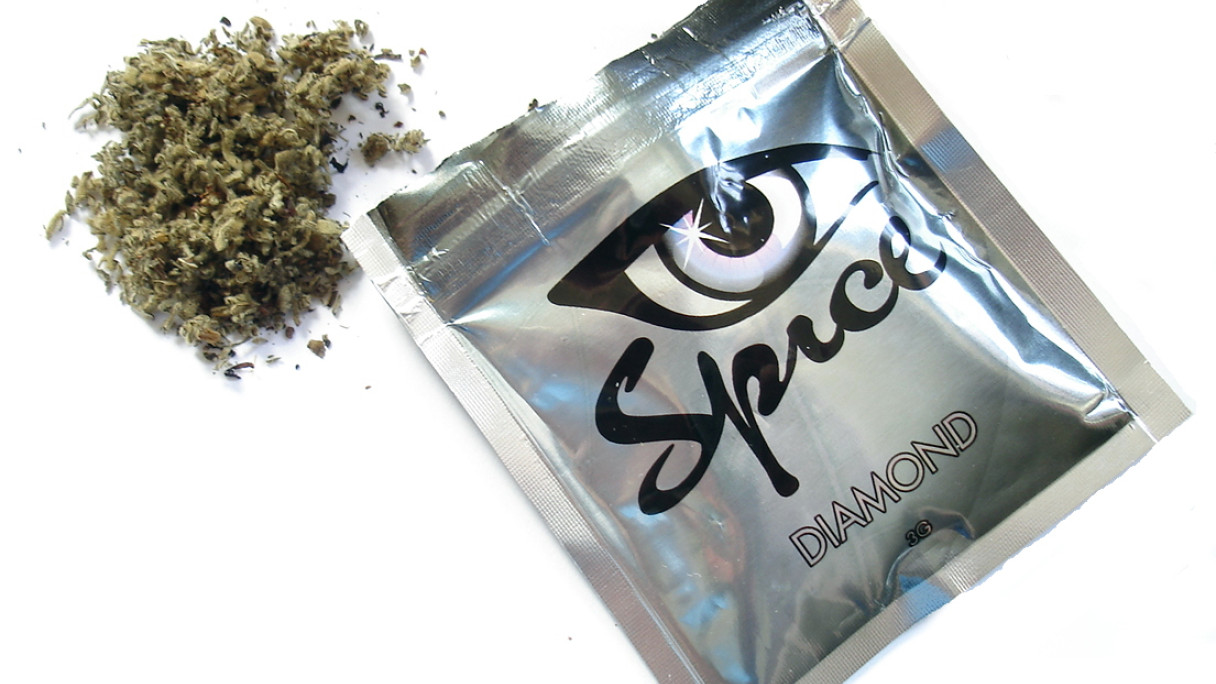It’s known as Scooby Snax, Tai High, K2, and more simply, fake weed.
It’s the “fake” element that has caused concern as synthetic cannabis has led to four deaths in Illinois, according to Will County health professionals.
Members of the county board’s Public Health and Safety Committee said they want the Will County Health Department to create an informational brochure about this drug to be distributed to schools this fall, to make students aware of its dangers.
The fake weed is marketed as a safe, legal alternative to marijuana, when in fact, it is neither, Dr. Joseph Troiani, of the county’s Health Department, told the committee recently.
Synthetic marijuana has been listed as a “controlled substance” in Illinois since 2011, which makes it illegal to manufacture, sell or possess it, said the county’s Chief of Staff Ragan Freitag.
The problem is the ability to enforce the law and manufacturers who keep changing the chemical composition of the product to stay ahead of the law, she said.
Troiani said it is being sold discreetly in small stores with a variety of names and packaging.
“The marketing and distribution of this is insidious,” he said.
Among the four deaths connected to synthetic cannabinoid use, three victims were from central Illinois, and one in the Chicago area, a man in his 20s, he said.
Additionally, 150 people in Illinois in 13 counties have been sickened by the drug, according to the Illinois Department of Public Health, where officials report an increase in cases of users experiencing severe bleeding.
The man-made chemical is sprayed on dried plants to be smoked, or sold as a liquid to be vaporized or inhaled, Dr. Troiani said.
The chemical – which can be similar to a substance used in rat poison – is “more powerful on the brain” than marijuana with “unpredictable” effects, he said.
Contrary to some reports, it does not contain actual rat poison, but has similar chemical ingredients found in rat poison, that accelerate the effects of the chemical and create the high, said Armando Reyes, of the county’s health department.
Like marijuana, it creates a relaxed, elevated mood, euphoria and altered perception, Troiani said. But it also produces hallucinations, suicidal and violent behavior — not typical of marijuana, he said.
The synthetic cannabinoids act on the brain the same as THC, the mind-altering ingredient found in marijuana, but it has much stronger effects, health officials said.
The physical side effects includes bleeding, increase in blood pressure, reduced blood flow to the heart, rapid heartbeat, vomiting blood, kidney damage and seizures, Troiani said.
Those who are manufacturing and selling it are “targeting kids,” said Reyes, who previously conducted drug prevention programs in schools.
“We need to educate kids about life choices,” he said.
Credit: chicagotribune.com













